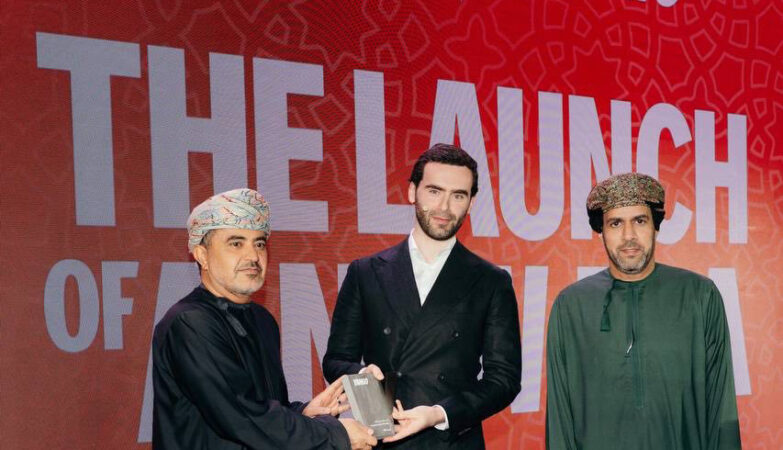Dubai, UAE, 21 October 2024 – Dubai has maintained its leading position in the MENA region on Kearney’s Global Cities Index, ranking 24th globally for the fourth consecutive year. Notably, Abu Dhabi tied with Dubai to rank first globally for Ease of Entry, a new metric under the Human Capital dimension, highlighting their effectiveness in attracting and retaining foreign talent.
Kearney’s annual Global Cities Report combines the Global Cities Index (GCI) and Global Cities Outlook (GCO) to measure and analyze the connectivity and global character of the world’s most influential metropolitan areas. This year, Middle Eastern cities generally saw stable scores, with notable improvements in the Global Services Firms metric under Business Activity, reflecting the region’s push for diversified economies.
The GCI quantifies how effectively a city can attract, retain, and generate global flows of capital, people, and ideas, assessing five key dimensions: Human Capital, Information Exchange, Cultural Experience, Political Engagement, and Business Activity.
Cities like Dubai, Abu Dhabi, Riyadh, and Dammam have shown adaptability amid global economic and geopolitical challenges. Dammam’s Business Activity dimension jumped 19 ranks, largely due to a 71% rise in its services sector, supported by five top global services firms establishing a presence there. Open immigration policies have propelled Abu Dhabi and Dubai to lead in the Ease of Entry metric, while Riyadh’s rankings improved for Unicorn companies.
“Our analysis indicates a new form of globalization emerging – more distributed and networked, yet uncertain in the short term. Middle Eastern cities have a unique opportunity to leverage their strategic location, robust economies, attractive immigration policies, and digital infrastructure to mitigate risks and stimulate economic growth,” commented Rudolph Lohmeyer, Kearney Partner, National Transformations Institute.
The GCO identifies cities likely to gain global prominence in the future, with those prioritizing security, stability, health, and environment positioned to withstand economic shocks.
Despite global trade tensions and declines in foreign direct investment (FDI), many cities have sustained innovation, particularly in generating patents and attracting private investment. Cities that maintained moderate capital costs and advanced digital infrastructure have continued to attract investment, fostering economic growth amid broader global uncertainties.
In the Middle East, Dubai, Makkah, and Muscat exemplified these trends. Dubai rose 10 ranks in Innovation, Makkah climbed 8 ranks, and Muscat increased by 11 ranks, largely due to gains in Private Investments. These cities have benefitted from low real interest rates and robust private market growth, positioning themselves as key players in the global economy despite challenging macroeconomic conditions.
A Look Ahead: Regenerative Cities
While global cities adapt to geoeconomic pressures, they face escalating environmental challenges due to climate change. Climate disasters have led to significant financial losses, and cities—being major energy consumers and greenhouse gas producers—are both victims of and contributors to these issues.
“We observe significant efforts from cities to tackle sustainability and climate change challenges, but these often react to individual symptoms rather than systemic issues. Cities must adopt a more holistic, systems-oriented approach, focusing on building institutional capabilities to address current and future challenges for the benefit of all,” concluded Sascha Treppte, Partner, Kearney Middle East and Africa.








